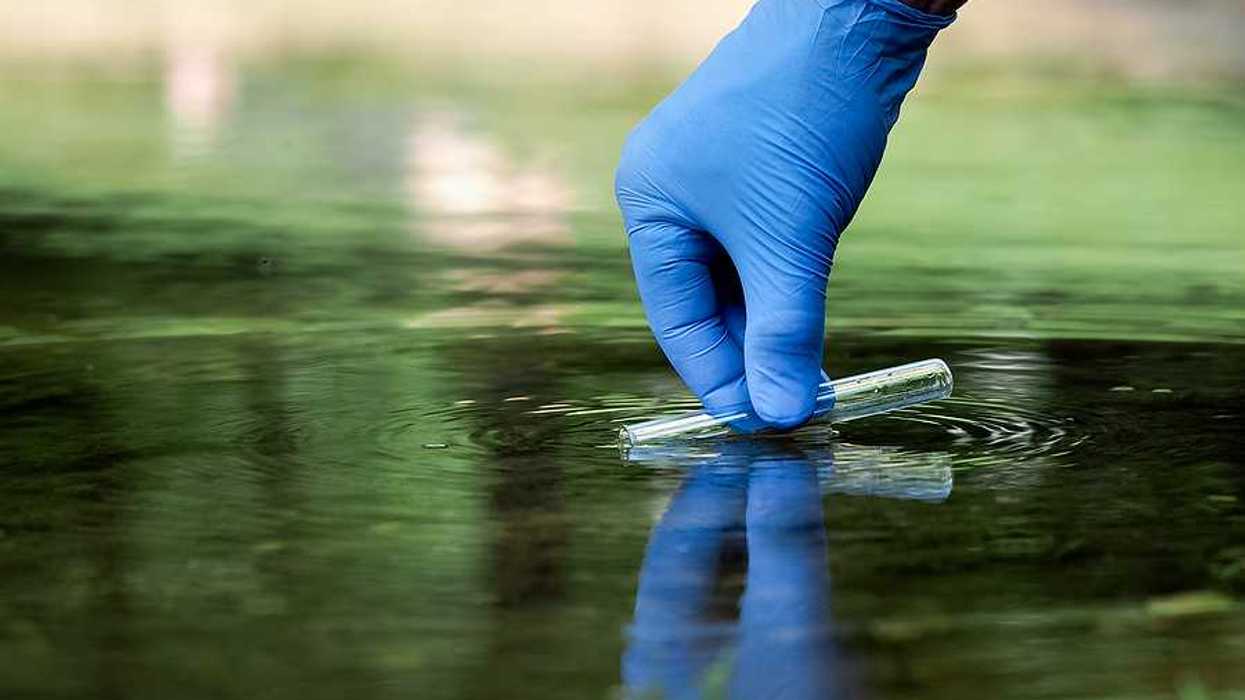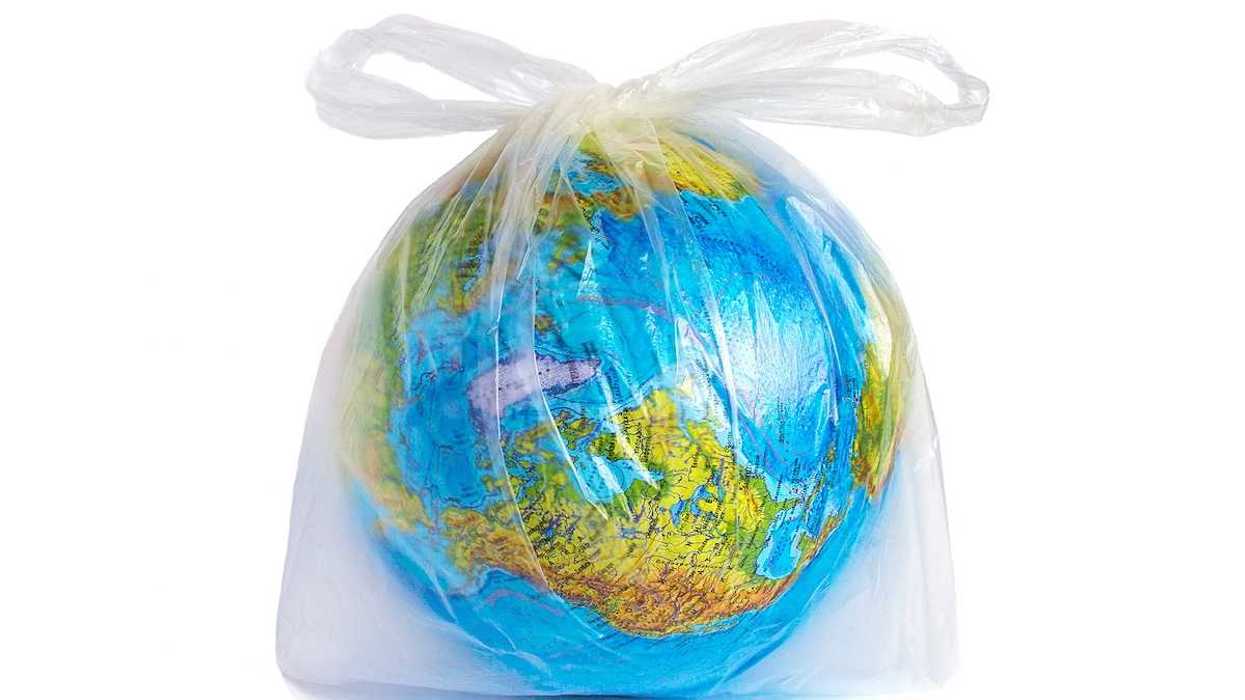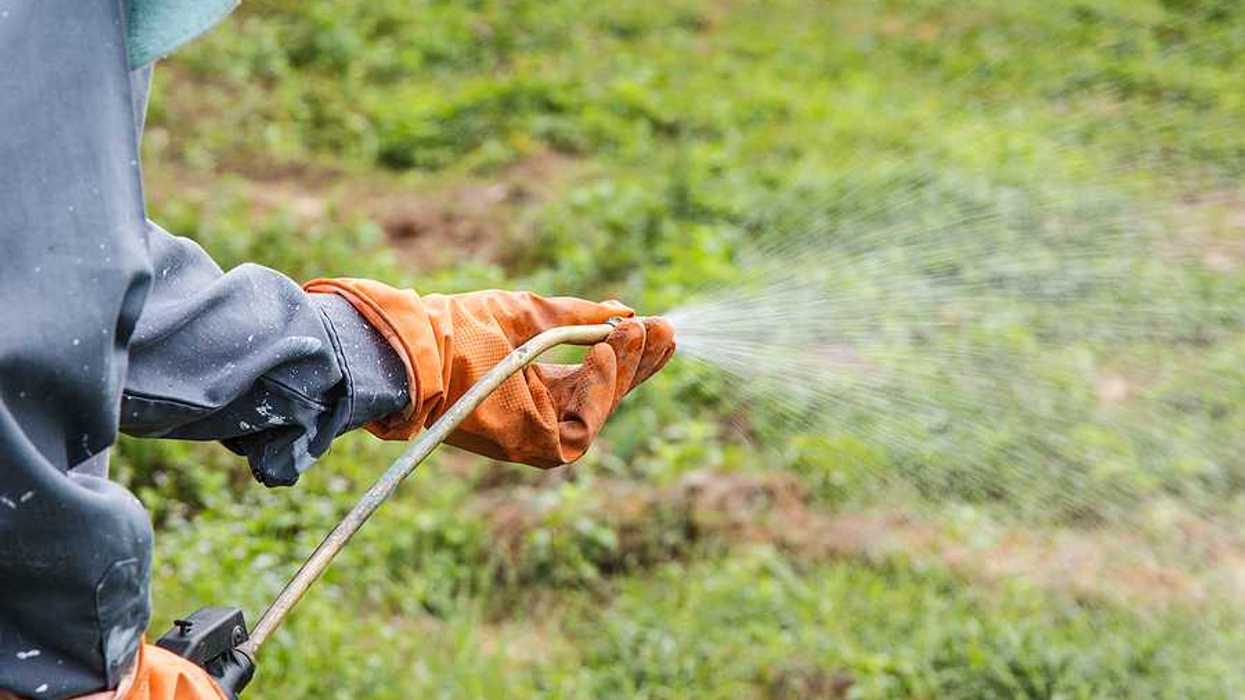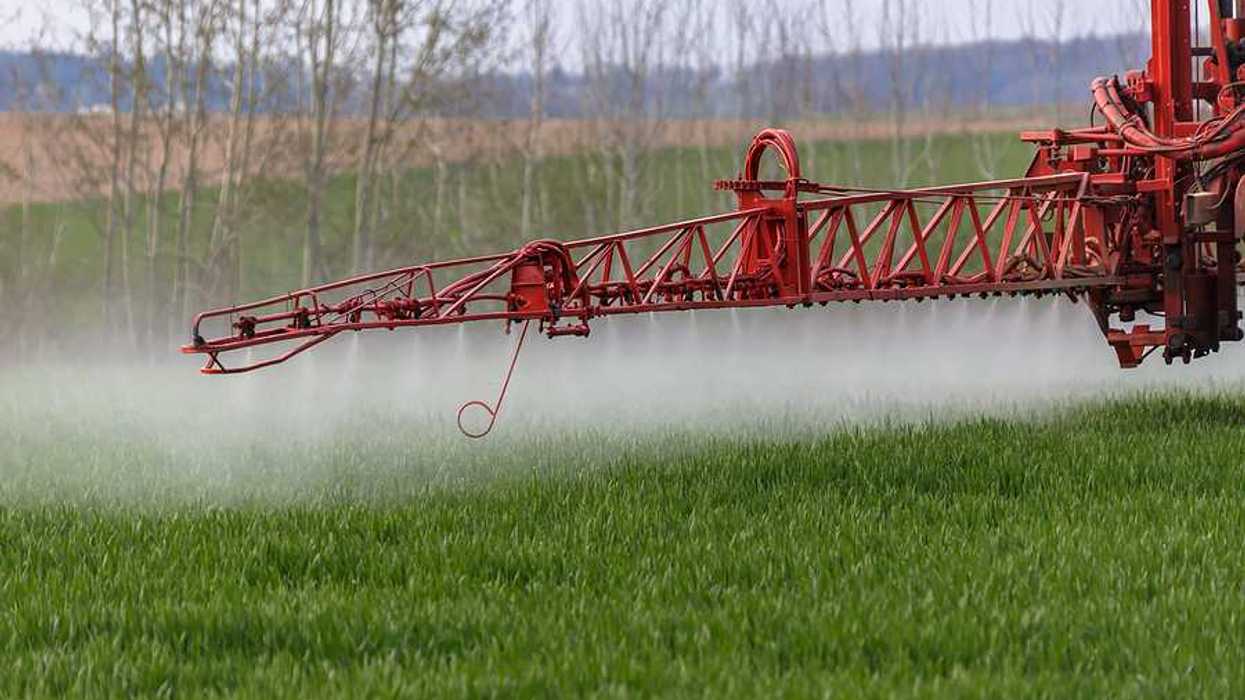In a recent study published in Environmental Health Perspectives, scientists examined how a diet of food prepared using plastic cutting boards versus food prepared on wooden cutting boards impacted the intestinal health of mice.
In short:
- Both types of plastic cutting boards released significant amounts of microplastics (MPs) into the food, with the number of particles released increasing with each subsequent use.
- Mice fed food prepared using plastic cutting boards developed intestinal inflammation or changes to the gut microbiome and liver metabolism, depending on the type of plastic used.
- Mice fed a diet of food prepared on wooden cutting boards did not experience these health effects.
Key quote:
“This study highlights the varied health effects of MPs released from different cutting board materials, suggesting that no plastic cutting boards can be considered entirely ‘safe’.”
Why this matters:
Recent studies have confirmed that microplastics are present in all parts of the human body that have been examined. Dietary intake is considered to be a major source of MP exposure, with studies estimating that Americans ingest over 50,000 microplastic particles yearly. While the specific health impacts of MPs are still not fully known, the results of this study highlight the benefits of moving away from plastic kitchenware when possible.
Related EHN coverage:
- Weathering and size influence the health effects of microplastics
- Ultra-processed foods and plastic packaging make for the ultimate toxic pair, scientists say
More resources: Environmental Working Group offers several consumer guides to help empower shoppers to buy products without toxic chemicals, including guides for cookware and food containers and advice on how to reduce microplastic exposure.
Gan, Hai-Jun et al. for Environmental Health Perspectives. Mar. 5, 2025

















